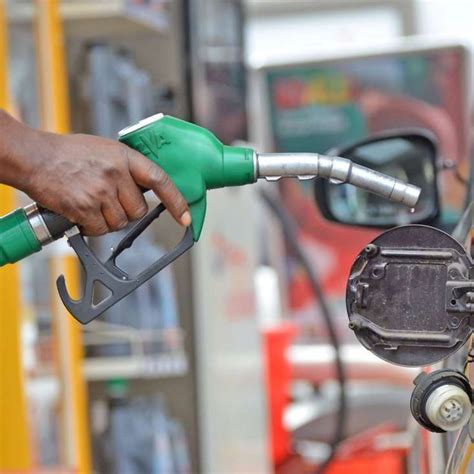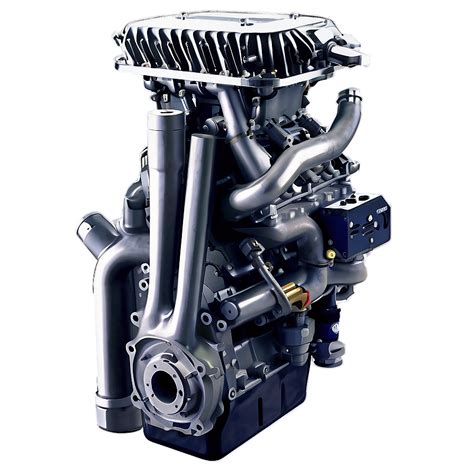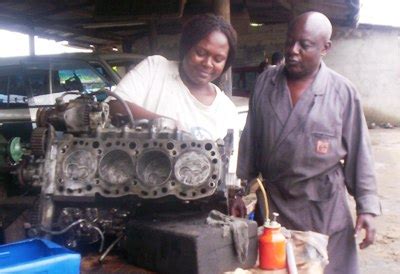Demystifying Octane for Your Car’s Lifespan
Modern vehicles are marvels of engineering, equipped with sophisticated systems designed for efficiency and performance. While many factors contribute to a car engine’s lifespan, the type of fuel you choose plays a foundational role. Specifically, the octane rating of gasoline often sparks confusion, with many believing that higher octane inherently leads to better engine longevity. But what’s the real story for today’s advanced powertrains?

Understanding Octane: More Than Just a Number
At its core, an octane rating measures a fuel’s resistance to pre-ignition or “knocking.” Engine knocking occurs when the air-fuel mixture ignites prematurely under compression, before the spark plug fires, creating a distinct metallic sound and potentially damaging the engine. Higher octane fuels are more stable and can withstand greater compression before spontaneously igniting.
For optimal combustion, the fuel needs to ignite precisely when the spark plug fires, pushing the piston down efficiently. If the fuel ignites too early (knock), it creates opposing forces that stress engine components like pistons, connecting rods, and crankshafts. Over time, persistent knocking can lead to accelerated wear and even catastrophic engine failure.
How Modern Engines Handle Octane
Gone are the days when a lower octane fuel would immediately cause severe engine damage in a modern car. Today’s engines are equipped with advanced Engine Control Units (ECUs) and knock sensors. These sensors detect even the slightest hint of pre-ignition and signal the ECU to retard the ignition timing. By delaying the spark, the ECU effectively prevents knocking, protecting the engine.

However, this adaptive capability comes with a trade-off. Retarding the ignition timing reduces engine efficiency and performance. Your engine will still run, but it won’t produce its optimal power or fuel economy. Essentially, the car’s computer compensates for the lower octane, but not without a compromise in the engine’s designed operational parameters.
The Myth of Higher Octane for Improved Longevity
A common misconception is that filling your tank with premium (higher octane) fuel, even if your car doesn’t require it, will somehow clean the engine or extend its life. This is largely untrue. If your vehicle manufacturer specifies regular 87 octane gasoline, using 91 or 93 octane will provide no additional benefit for longevity, performance, or cleanliness. Modern engines are precisely engineered for a specific octane range, and straying above that range (without a specific requirement) simply wastes money.
Premium fuels often contain a slightly higher concentration of detergent additives, but all gasoline sold in the U.S. is required to meet minimum detergent standards (TOP TIER™ gasoline typically exceeds these). The primary difference is the octane rating, not necessarily superior cleaning properties that would independently boost longevity if not required.

The Golden Rule: Follow Manufacturer Recommendations
The single most important guideline for optimal octane and engine longevity is your car’s owner’s manual. Manufacturers spend millions developing and testing engines, determining the exact fuel requirements for best performance, efficiency, and durability. Look for the fuel recommendation, which typically states either “Regular Gasoline Recommended” or “Premium Gasoline Required.”
- If your manual states “Regular Recommended”: Using regular 87 octane fuel is perfectly fine and optimal for your engine. Using premium is a waste of money with no benefit.
- If your manual states “Premium Required”: Using anything less than premium (e.g., 91 or 93 octane) can lead to persistent timing retardation, reduced performance, decreased fuel economy, and, over extended periods, potential engine wear due to the constant stress of the engine fighting pre-ignition.

Beyond Octane: Comprehensive Engine Care
While choosing the correct octane is vital, it’s just one piece of the engine longevity puzzle. Other critical factors include:
- Regular Oil Changes: Using the manufacturer-recommended oil type and adhering to service intervals prevents sludge buildup and ensures proper lubrication.
- Filter Replacements: Air and fuel filters protect your engine from contaminants.
- Coolant System Maintenance: A properly functioning cooling system prevents overheating, a major cause of engine damage.
- Driving Habits: Avoiding aggressive driving, prolonged idling, and short trips can reduce engine wear.

Conclusion
For modern car engine longevity, the optimal octane is precisely what your vehicle’s manufacturer specifies. Using higher octane fuel than recommended offers no benefits and simply costs more. Conversely, consistently using lower octane fuel than required, especially in engines that mandate premium, forces the ECU to constantly compensate, leading to reduced performance, efficiency, and potentially accelerated wear over the long term. Trust your owner’s manual—it holds the key to fueling your engine for a long and healthy life.




